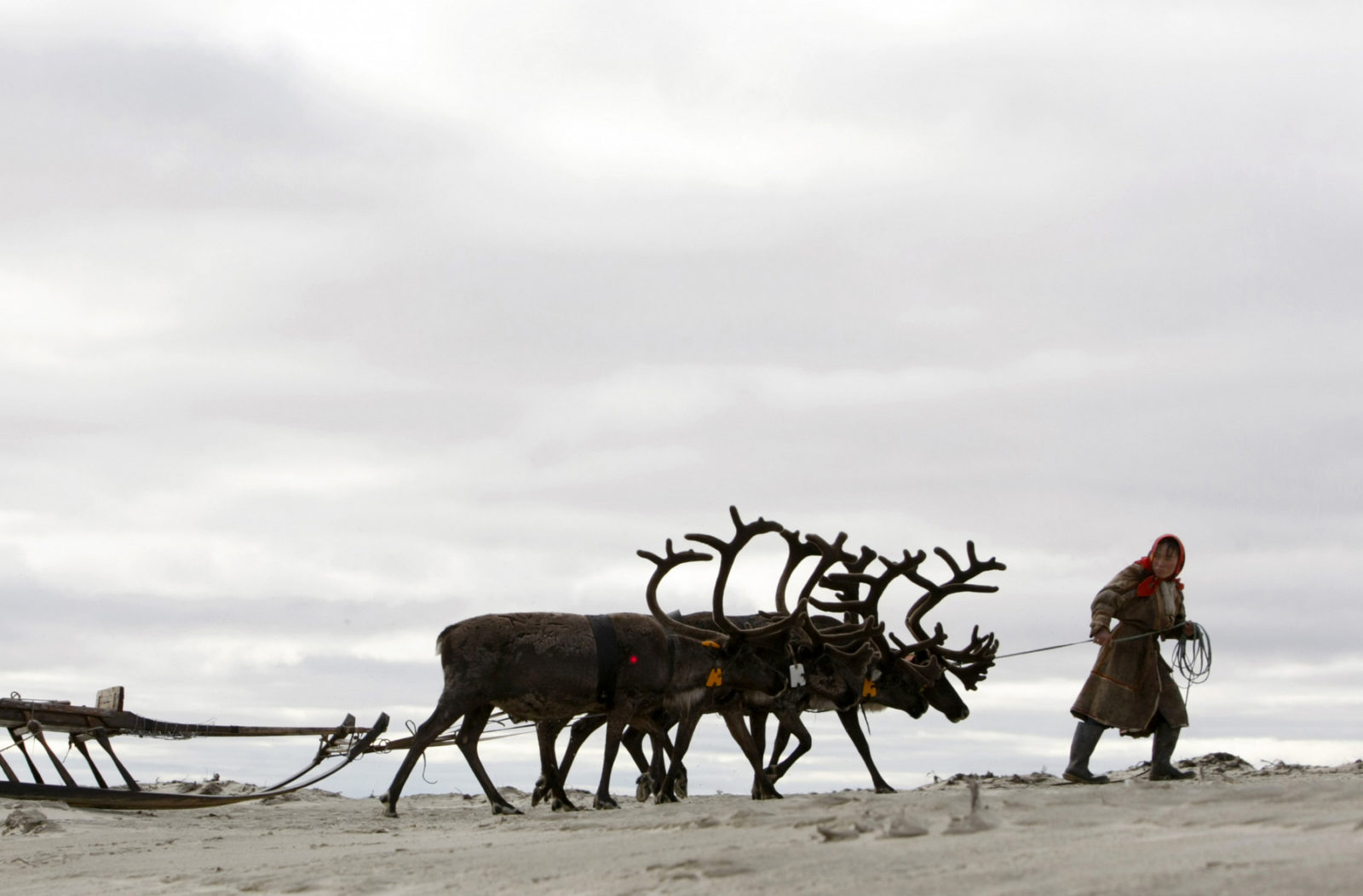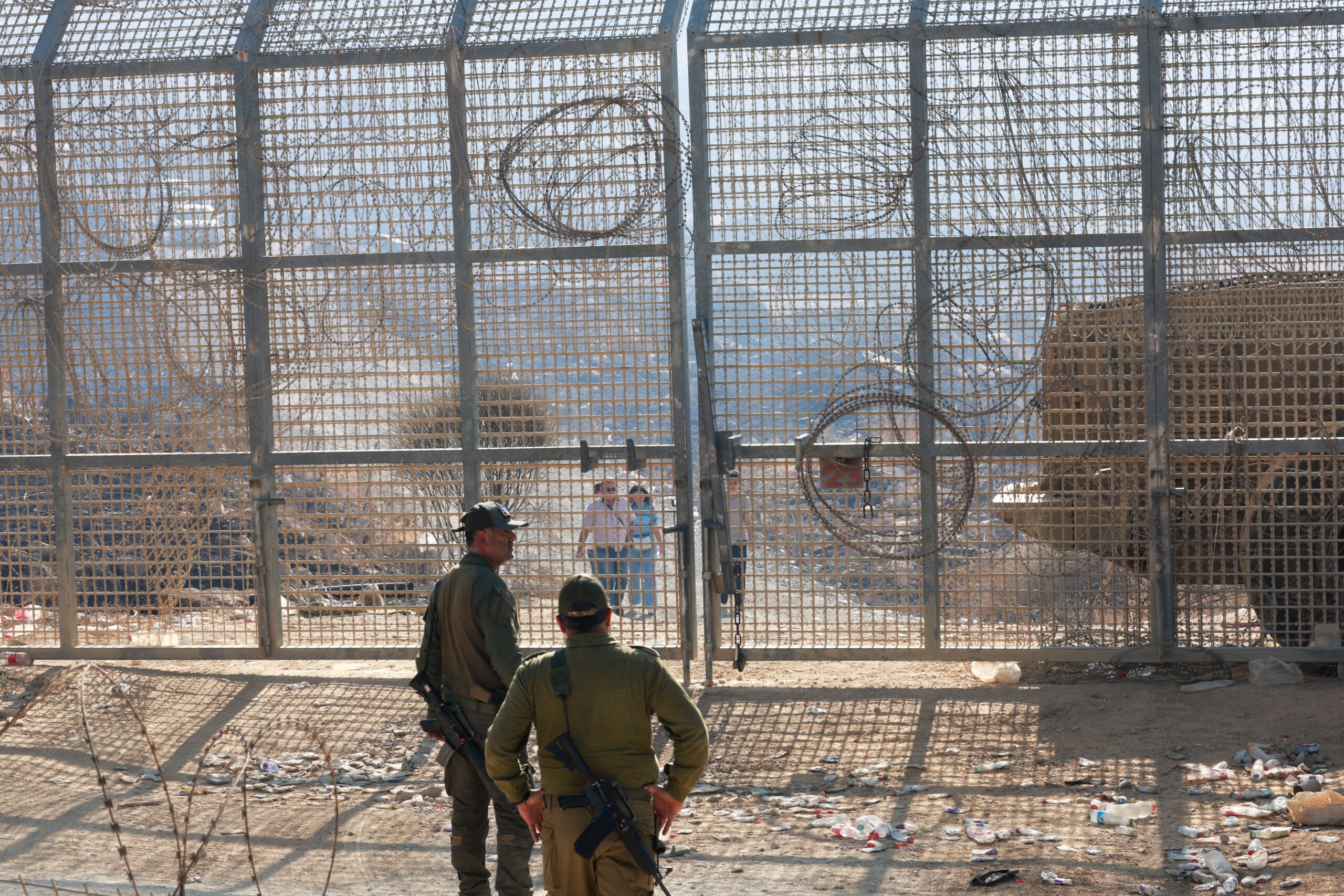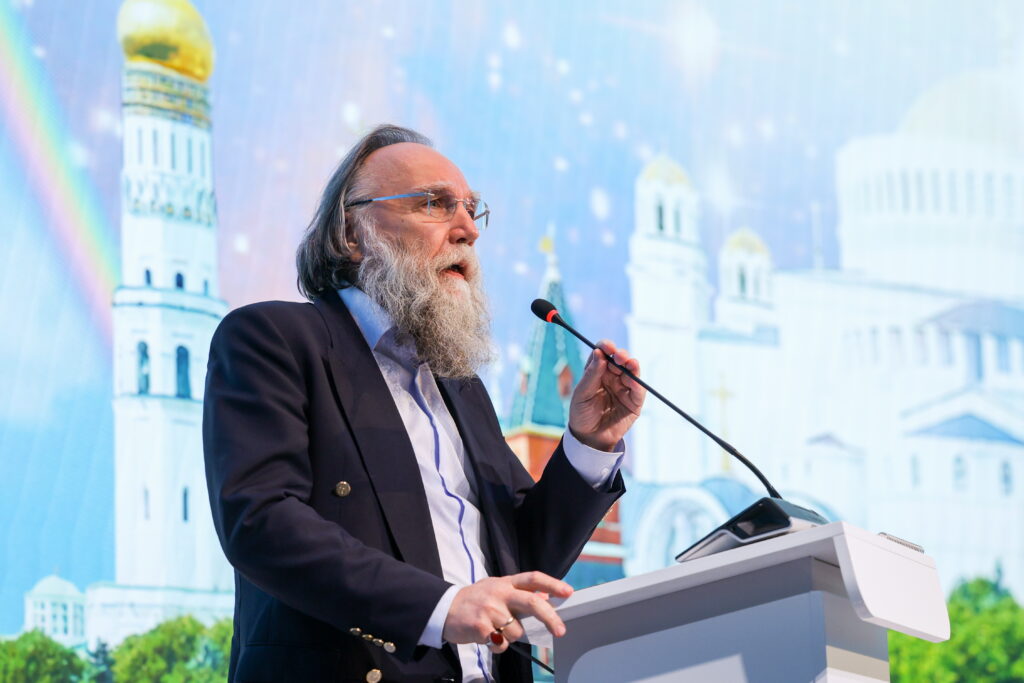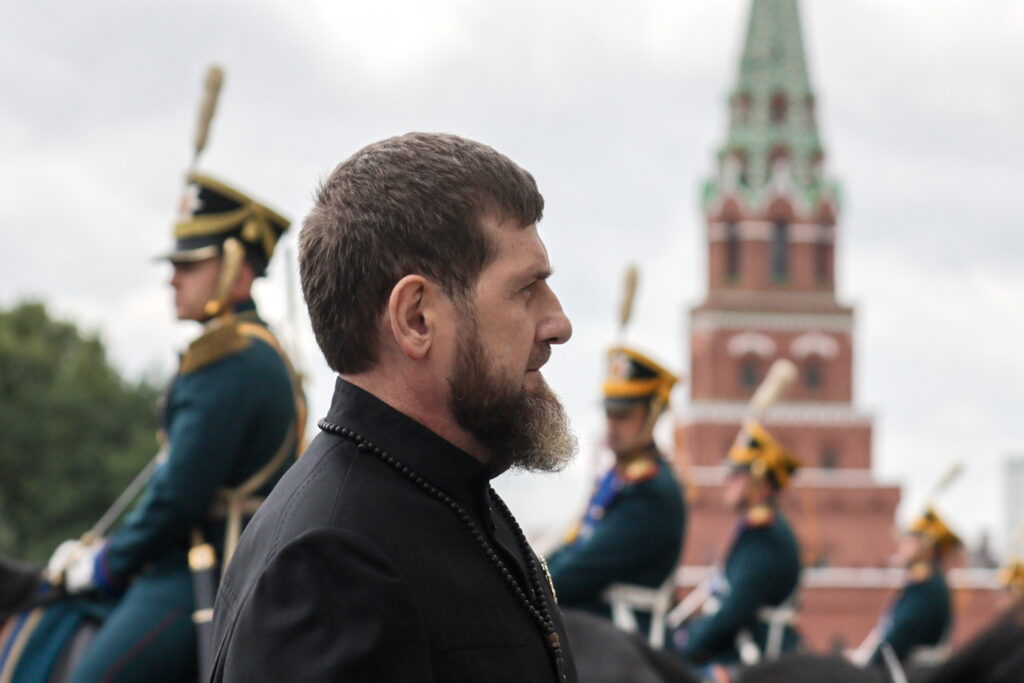In a new development in the long-simmering conflict between the Moscow authorities and representatives of the indigenous peoples of the Russian North, one of the organizations providing support for the far-flung nomadic groups was ordered shut by a Moscow court.
On November 6 the Moscow City Court ruled to liquidate the Centre for Support of Indigenous Peoples of the North (CSIPN), an NGO providing educational and legal support to the remaining native populations of Russia’s North and the Far East.
The court cited technical reasons for the ruling, including the organization’s charter failing to comply with recent legislative changes and listing an invalid address. In fact, CSIPN and its director, Rodion Sulyandziga, had a history of conflict with the authorities which saw the NGO placed on the government’s register of “foreign agents” and subject to various searches and interrogations. CSPIN, later removed from the foreign agents list, is appealing the latest ruling.”
Developments in Siberia and the Far North get little coverage. Recently, the story of Alexander Gabyshev, who declared himself a “warrior shaman” on a mission to drive President Vladimir Putin from the Kremlin, has attracted a lot of attention. But that story is not unique. Few know about other aspects of the indigenous protests, even though they began long before Gabyshev’s aborted journey to Moscow and are larger in scale. I am referring to the developments in one of Russia’s richest polar regions, Yamal.
The Yamal-Nenets Autonomous Area (YNAA) holds a special place among Russia’s Arctic territories. Over the past decade, Yamal has found itself at the center of large-scale gas and transportation projects and has essentially become the new oil and gas province. A rural protest community, Voice of the Tundra (Golos tundry), that relies on new media to organize and get its message out has emerged in parallel with this process. Not only does it use the Russian online networking service VKontakte for social mobilization and public communication, but it is headed by a young reindeer herder from the tundra rather than an urban activist from among the circles of lawyers, journalists, and scholars, as is often the case. I have written about Eiko Serotetto and his protest movement before.
Understanding the motives for indigenous protest in the North is tricky. The residents of Yamal are not as desperate as people living in some depressed regions of Russia might be. In fact, Yamal is the only region of the Russian Far North where the indigenous population, primarily the Nenets people, has preserved a traditional nomadic way of life. Young indigenous men and women, even after completing their studies elsewhere, often return to the tundra. Between 2003 and 2019 the number of nomads went up from 13,300 to 16,300 people, and there was an almost twofold increase in the number of private reindeer farms in the region, from 2,669 to 4,749. As a result, YNAA is one of the global leaders in reindeer livestock.
All this begs a question: If the Nenets are experiencing a demographic rise, if the reindeer livestock and reindeer herders are increasing in numbers, if the ethnic culture and family traditions are experiencing a renascence, why protest? What is it that the Yamal nomads are unhappy about, and what does the Voice of the Tundra want?
Who can better solve this puzzle than the indigenous people themselves? With this in mind, I undertook two exciting trips to YNAA in October–November 2018 and May 2019 to hear what they had to say and record their thoughts. My main respondents and informants were the representatives of the indigenous intellectual elite and the ordinary Nenets reindeer herders from the tundra.
I identified two key factors that explain the emergence of the Yamal Voice of the Tundra protest. The Nenets society is facing two interconnected and pressing problems: a deficit of land for the growing reindeer herd and a decline in indigenous leadership.
Industrial exploration of the Yamal tundra has led to the emergence of the new problem in the region: a land deficit and intense competition for this valuable resource. Large territories are repurposed from traditional reindeer herding to industrial use, even though the indigenous people of the North have considered them tribal lands for centuries. For instance, the giant Yamal LNG project now occupies 6 percent of the former reindeer pastures.
A journalist from the local Nenets newspaper describes the situation as follows: “The problem of land is an extremely pressing one for Yamal. If you take a look at the map of the Yamal district of YNAA, you will see many lots transferred to the enterprises of the fuel and energy sector. Now reindeer herders cannot go there, even though those used to be their tribal lands. We do not know the inner workings of how the fuel and energy complex acquires those tribal lands, via a tender or an auction. One cannot blame the reindeer herders for the growing livestock. There is a deficit of land to use, but where is the land? That is the question.”
Worse still, authorities of the autonomous district have announced on multiple occasions that they plan to reduce the reindeer livestock numbers, even though the Nenets livelihood depends on them. Naturally, this news inspired additional concern in indigenous circles, but there was no leader capable of standing up for the interests of the tundra nomads.
Many of the ordinary reindeer herders I spoke with told me that one of the key problems of their community was the absence of indigenous leaders and the crisis of indigenous organizations. They believe that existing official indigenous organizations and leaders do little to defend their rights and interests. One staff member of the local ethnographic museum in Salekhard put it as follows: “The people were left without an elite.”
Post-Soviet indigenous organizations were created on the back of perestroika. Civic resistance against oil companies united the people around the environmental agenda, and fragmented indigenous movements merged into such influential civic organizations as “Yamal—to the Descendants!” in YNAA and “Saving Yugra” in the Khanty–Mansi Autonomous Area (KhMAA). Today their leaders find themselves surrounded by government patronage, administrative comforts, and paternalism and isolated from the indigenous people and their problems.
Galina Kharyuchi, head of the ethnology department at the Scientific Center of Arctic Research in Salekhard, highlighted the importance of leaders: “I would like to tell the story of the sacred Lake Numto on the border with the Khanty–Mansi Autonomous Area. There are licensed oil blocks in this lake that were won by Surgutneftegaz. Yuri Vella, a Nenets writer and a defender of the lake, lived near this sacred place and fought against the oil industry. A daring activist, Vella could go alone with an axe against a bulldozer. Ne became a symbol of the indigenous resistance, but Vella died in 2013.
“In 2017 we began to collect signatures on the petition to preserve the sacred place and the lake. I asked one influential person: ‘Let’s send this petition letter.’ And he said: ‘No, better not. It is dangerous, we may get labeled “foreign agents.”’ Can you believe that!? As a result, our fellow kinsmen, the forest-dwelling Nenets of KhMAA, were left without our help. A leader plays an enormous role.”
These instances illustrate an obvious fact: people found themselves without real leaders capable of protecting their interests in the face of numerous threats and challenges. As a result, the indigenous community produced a grassroots leader from its ranks—Eiko Serotetto, a young reindeer herder living in a village.
Social media, such as VKontakte, proved an effective way for indigenous people to make their voices heard and to bring into the open local grievances. The Voice of the Tundra project publicizes the main concerns of indigenous development: lack of land for the growing reindeer herds, uncertain life prospects for nomads facing the intensified industrial exploration of the region, and the crisis of indigenous leadership and official indigenous organizations.
The Voice of the Tundra has brought politics back to the indigenous life of Russia. The ontological explanation for the Voice of the Tundra is that the group acts on behalf of nature and the people, whose material existence—indeed, entire world—is threatened by the alliance of the government and big business.
The government wants to keep the indigenous communities under control and pursue paternalistic policies toward them. Indigenous communities, in their turn, insist on an equal claim to the land and resources. According to Vladimir Yetylin, activist and adviser to the Chukotka governor, “Resolution of the land issues in favor of the small indigenous populations of the North has practically stopped.… We want the small indigenous populations to become equal participants in all sociopolitical and ethnocultural processes in the country.”










